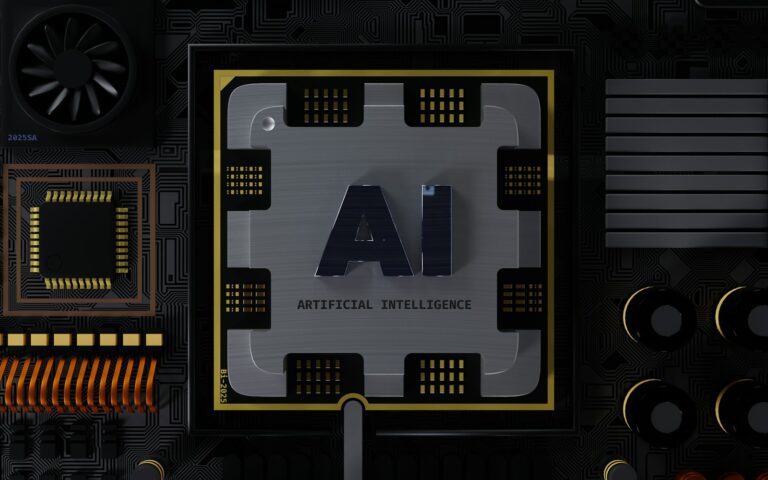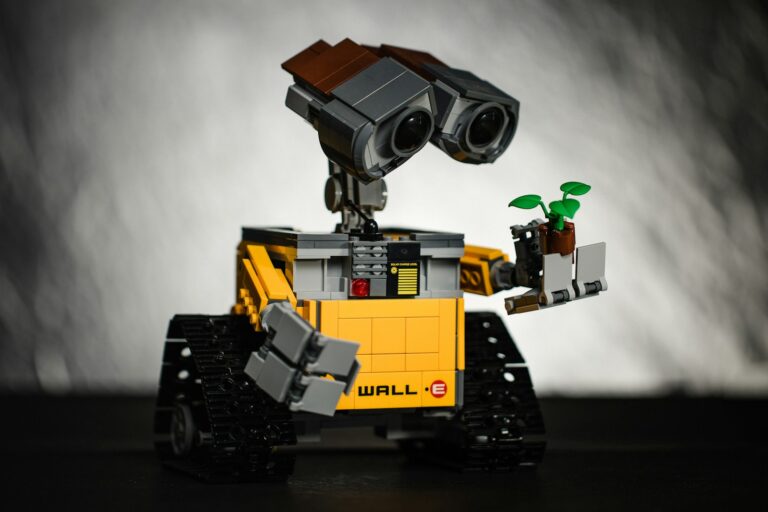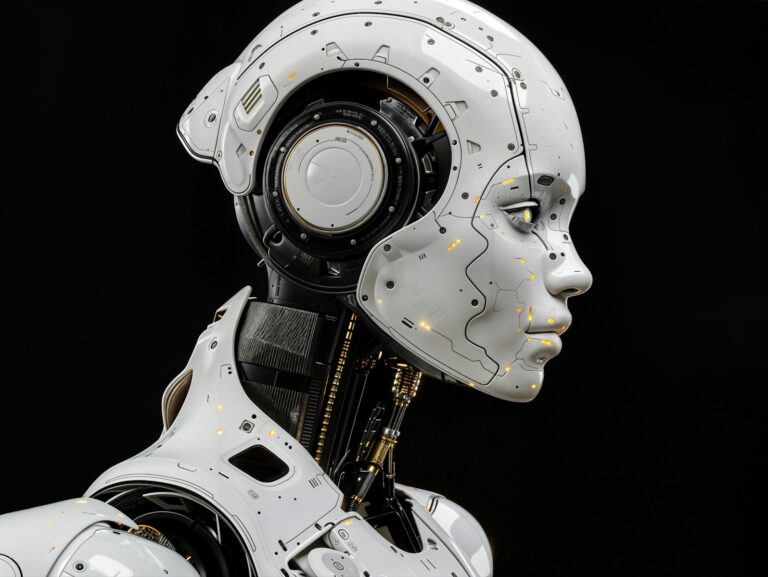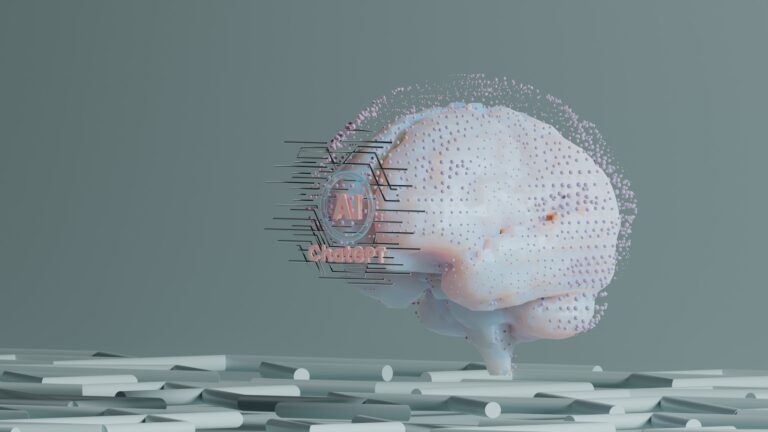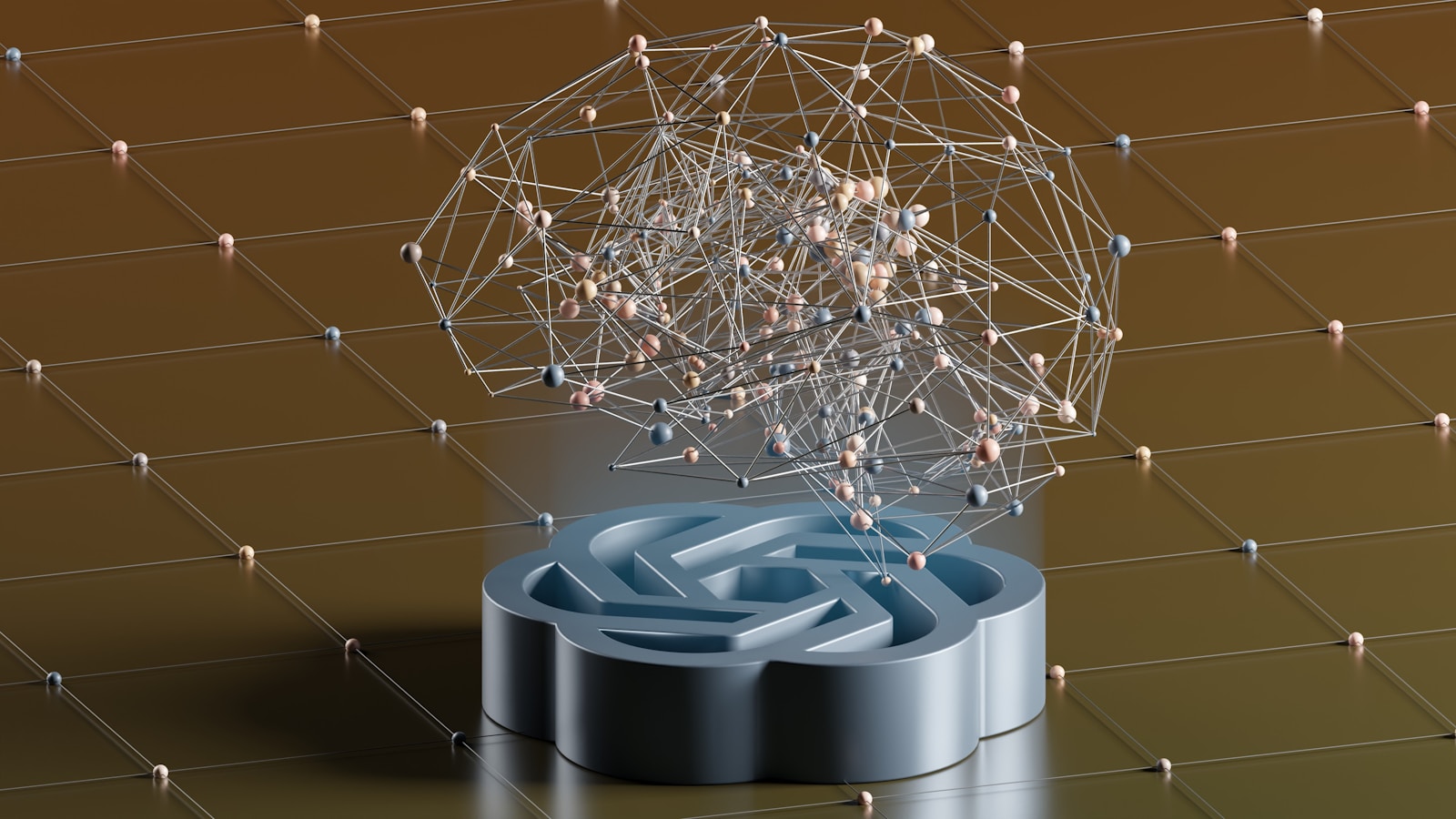
AI and Automation: How They’re Changing the Workplace
In the rapidly evolving landscape of the modern workplace, artificial intelligence (AI) and automation are at the forefront of transformative change. As businesses increasingly embrace these technologies, they are not only improving efficiency but also reshaping the very nature of work. This article explores the significant impacts of AI and automation on the workplace, highlighting emerging trends, real-world examples, and the potential for future advancements.
The Rise of AI in Business Operations
AI’s integration into business operations is transforming how companies function. From automating mundane tasks to enhancing decision-making processes, AI is enabling organizations to operate more efficiently. For instance, companies like Amazon leverage AI to predict inventory needs, optimizing supply chain management. These capabilities not only streamline operations but also significantly reduce costs, allowing businesses to allocate resources more effectively.
Automation: Redefining Job Roles
Automation is changing the workforce dynamics by redefining traditional job roles. Repetitive tasks are increasingly being handled by machines, which opens the door for employees to focus on higher-value activities that require critical thinking and creativity. According to a study by McKinsey, nearly 70% of jobs could see some level of automation by 2030. This shift necessitates a new approach to workforce training, emphasizing the importance of upskilling to prepare for the jobs of the future.
The Human Touch: AI and Employee Engagement
While AI and automation are often viewed as tools for efficiency, they also play a crucial role in enhancing employee engagement. Chatbots, for instance, are being utilized for customer service inquiries, freeing human agents to tackle more complex issues. Moreover, AI-driven analytics can help HR departments gauge employee sentiment, enabling a more responsive and supportive workplace environment. This integration of technology fosters a culture where employees feel valued and engaged, ultimately driving productivity.
Future Prospects: Navigating the AI Landscape
The future of AI and automation in the workplace is filled with possibilities. With advancements in machine learning and natural language processing, we can expect even more sophisticated tools that will further enhance efficiency and creativity. Businesses will need to navigate the ethical implications of these technologies, ensuring they are implemented in ways that benefit both organizations and their employees. Embracing change and fostering a culture of innovation will be essential as we move toward a more automated future.
In conclusion, AI and automation are not just transient trends; they are integral components of the future workplace. As these technologies continue to evolve, businesses must adapt and embrace the opportunities they present. By investing in training and fostering an environment that values both human skills and technological advancements, organizations can thrive in this new era of work.
